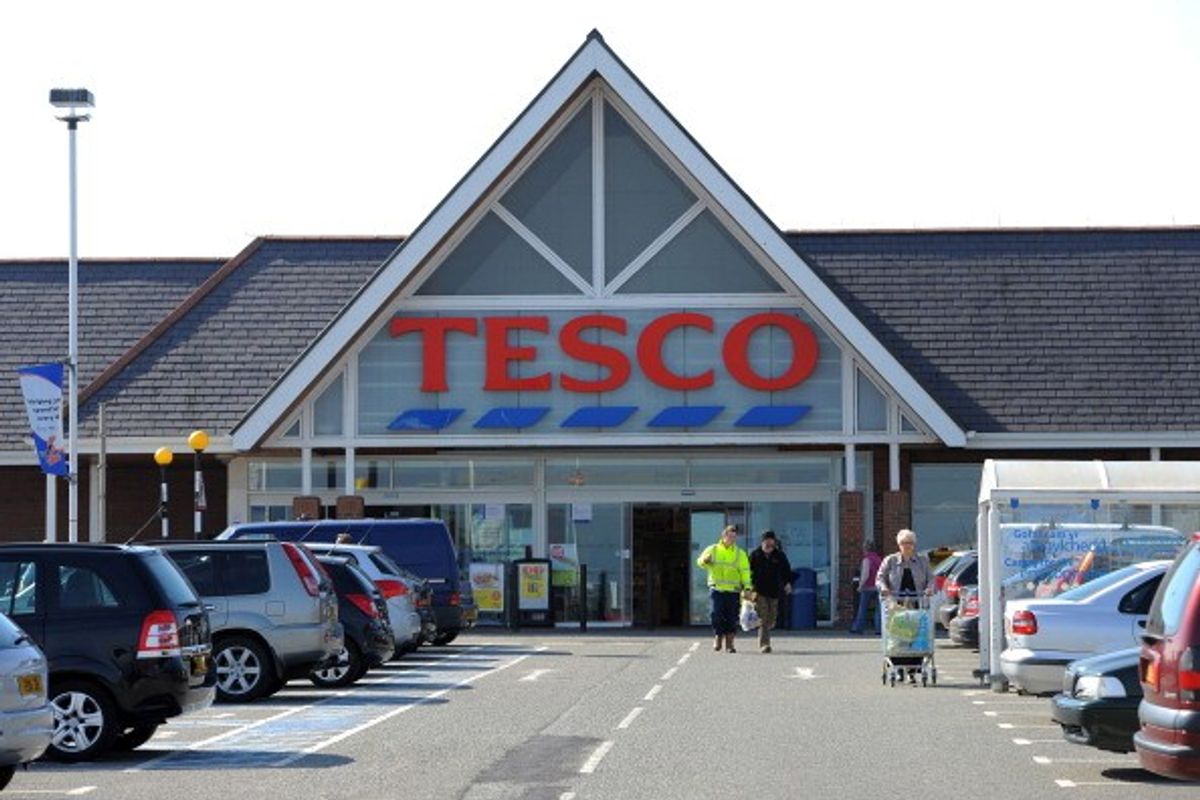Supermarket Tesco is contemplating to use artificial intelligence (AI) to nudge shoppers towards healthy eating, thus helping people to make better choices, the retailer's top boss has said. However, the suggestion has sparked concerns among privacy campaigners.
Speaking at the FT Future of Retail Conference on Tuesday (17), Tesco’s CEO Ken Murphy, stated that the supermarket can nudge shoppers towards healthy eating by pointing out their recent purchases.
Murphy said, “I can see it nudging you, saying: ‘look, I’ve noticed over time that in your shopping basket your sodium salt content is 250pc of your daily recommended allowance. I would recommend you substitute this, this and this for lower sodium products to improve your heart health’.”
He said this was “very simple stuff” which could “really improve people’s daily lives”.
Tesco is by far Britain’s largest supermarket, holding almost a third of the UK grocery market. More than 20m people are currently signed up for the supermarket’s Clubcard scheme, which launched in 1995 and gives customers access to better deals.
The suggestion that Tesco could use Clubcard data to nudge customers into making healthier choices in the future follows pressure from regulators and health campaigners for supermarkets to do more to help with obesity in the UK.
However, the suggestion that Tesco would seek to influence people’s personal choices has sparked concerns among privacy campaigners.
Jake Hurfurt, Big Brother Watch’s head of research and investigations, said: “It is astounding that Tesco’s CEO wants to use this data to tell us how to live our lives.
“Mr Murphy’s comments should alarm everyone and serve as evidence that loyalty card schemes are based on mass-scale surveillance of customers. Tesco has no right to make judgements about what’s in our baskets or nudge us on what we should and should not be buying.”


